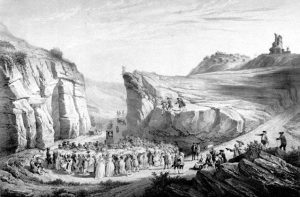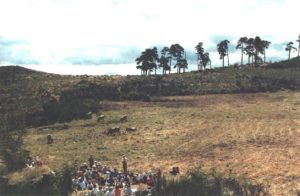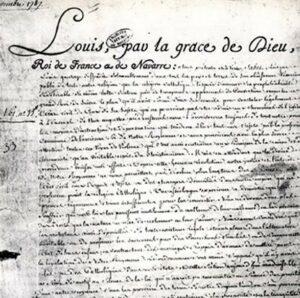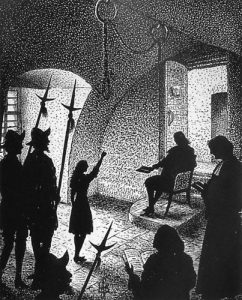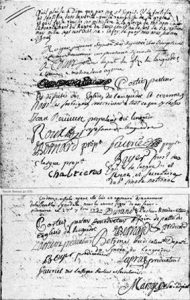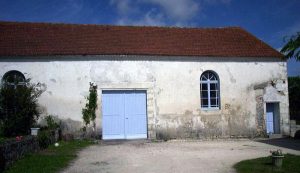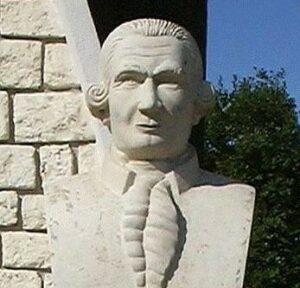The plan of Antoine Court
The programme for the reconstruction of the Reformed Church in France, put in place by Antoine Court from 1715, had several parts :
- Restoration of Church law and ecclesial organisation as they were before 1685,
- The Theological training of ministers within an academic framework.
Antoine Court did not manage the Lausanne Seminary, but he coordinated it. He was both a tutor and secretary, as well as link between the Seminary and Protestant Churches in France.
Establishing the Seminary
The Seminary was meant to replace the Reformed Academy, which had been closed even before the Revocation of the Edict of Nantes.
From 1726 to 1744, about forty students enrolled, two to four a time.
From 1745 to 1812, enrolment settled at about twelve to sixteen students a year, and the length of the course increased.
The teachers were lecturers from the Académie and ministers from Zurich, Bern and Geneva.
Synods sent ordinands to Lausanne secretly. In many provinces, before going to Lausanne, the student or ordinand was required to sign a document in which they promised both to return to their province and not renege on their original commitment.
The curriculum
At first, the studies were limited to one year, in view of the urgent need for ministers during Desert period.
From 1745, the course of study was increased to two years ; the subjects were Greek if possible, Philosophy and Theology.
After the Edict of Toleration was issued in 1787, demands on the ordinands increased and the courses lasted five years : two preparatory years devoted to the study of Grammar and Logic, then three years of Theology, Church History, Morals, Physics and Mathematics.
The teaching of Theology was influenced by the philosophy of the Enlightenment, giving “Reason” a greater place.
The ceremony of ordination
The ordinands could only exercise their ministry after they had been recognised in a religious ceremony, established in the Reformed Church Code since the 16th century : the ordination.
From 1730 onwards ordination could be celebrated in Lausanne, in any other foreign Reformed Church, or in France, provided at least three ministers were present.
Closing the Lausanne Seminary
The teaching activities of the Seminary came to an end with the opening of the Theological Faculty at Montauban (1808, the Empire Law).
On 18 April, 1812, a closing ceremony took place in Lausanne.

